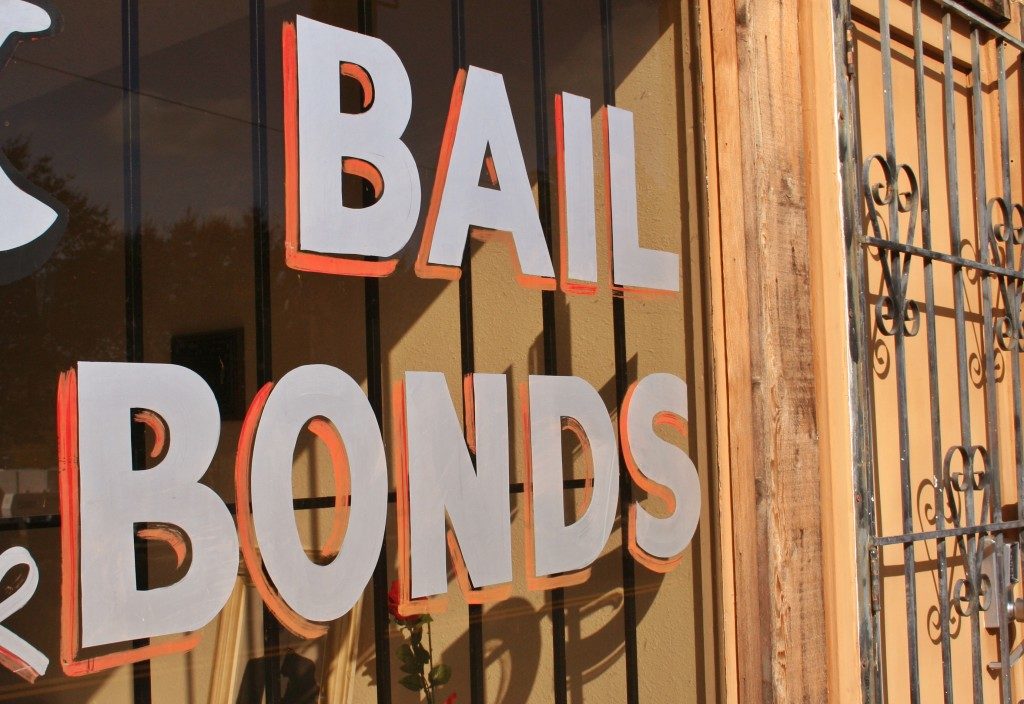By now, everybody knows that divorce is tough. Even before ex-couples have enough time to grieve over the demise of their marriage, they need to settle many things, including their finances.
Often, when people think of money and divorce, their minds gravitate toward alimony, spousal support, or division of assets. Many fail to forget parting ways can also affect their auto insurance policies.
How Marital Status Affects Auto Insurance
Car insurance companies do not assign auto insurance premiums arbitrarily. In fact, they use unique formulas that consider different factors:
- Age – Older drivers are generally considered safer on the road. This also explains why teenage drivers tend to have some of the highest insurance premiums in the United States.
- Driving Record – Drivers with a clean driving record have lower auto insurance premiums because the law assumes they are not likely to get in an accident.
- Claims History – Drivers with claims such as accidents, speeding tickets, and DUI (driving under the influence) charges pay higher auto insurance premiums because they’re considered more significant risks to insure.
- Gender – Generally, males tend to pay higher auto insurance premiums than women because they are more likely to get into accidents.
- Model and Age of the Vehicle – Luxury vehicles and sports cars are generally more expensive to insure than standard sedans.
How about marital status? Some experts believe that one’s civil status (whether they’re married, single, widowed, or divorced) could have a slightly significant impact on auto insurance rates.
Married people tend to pay less than single ones for their car insurance premiums, sometimes as much as 20 percent or more. This is because married drivers are traditionally thought of as having fewer accidents. Insurers assume that these individuals are careful drivers. They are likely behind the wheel with their spouses and/or children onboard.
They also drive correctly because they are conscious of the family’s finances. Getting into accidents is costly because there are medical bills and car damages to be paid for.
Married people are also less likely to file auto insurance claims than their divorced counterparts. For one, married couples tend to have double the resources they need to maintain their cars.
Meanwhile, divorce could change driving habits and factors that will later affect insurance. Many ex-couples find themselves in dire straits after divorce, which means they might not be able to afford a brand-new vehicle. Older models can be more expensive to insure because of the risk of damage and high maintenance.
In addition, some things happen after divorce that could increase the risk of accidents. Divorcees may be emotionally upset from their failed marriage and may drive erratically on account of it. In many cases, they also have to adjust to a new daily routine.
Marital status changes could also affect living arrangements and housing costs – two other things that could determine the cost of auto insurance coverage. For instance, divorcing individuals might choose to live closer to their workplaces or in areas more suitable for raising children. It means they might no longer commute long distances. It could translate into fewer accidents while driving on the roads of the United States.
How to Deal with Auto Insurance During and After Divorce

Couples living in states where vehicles are necessary must discuss auto insurance policies with their divorce attorney and insurer. In particular, they have to talk about:
- Who owns the vehicle? If the answer is “both,” then both parties will have equal responsibility for maintenance and insurance.
- How are they going to allocate who will pay for insurance coverage? Could one party be responsible only for the policy premium while the other handles all claims? Will both parties share risks equally?
- Where will the vehicle be? The residence of the car is an important requirement when filing an auto insurance claim or applying for a policy.
- Should one of them remove the other from the policy?
- If they have a teenage child who’s about to drive, whose insurance policy will take care of that?
- If the divorce proceedings are complicated (i.e., there’s a lot of money to be divided in assets), each party must ensure they won’t lose their right to drive, especially if this is how they earn their income or feed their families.
Clearing these issues during divorce proceedings can make things more straightforward for both parties.
Divorce isn’t easy. It can even be complicated. Unfortunately, the difficulty can sometimes lead to confusion and more financial loss, especially when paying for auto insurance. However, families who address potential problems early on can save themselves a lot of trouble in the long run.



